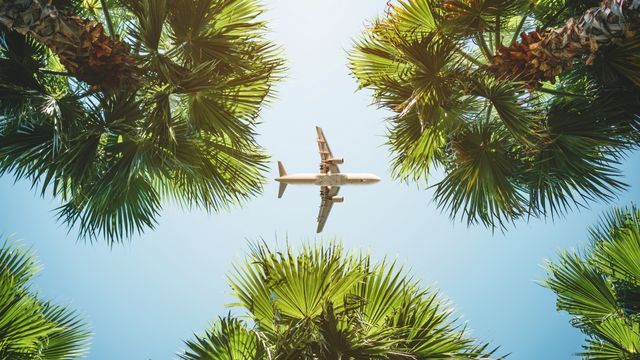Air Mauritius is deliberately rewriting its growth story. Instead of simply pressing ahead with previously arranged aircraft acquisitions, the iconic island carrier is taking a mindful, demand-driven approach. This shift comes as Air Mauritius balances tourism recovery, route profitability, and operational sustainability.
Rethinking the A350-900 Order
Originally, Air Mauritius had placed an order for three additional Airbus A350-900 aircraft to bolster long-haul operations to Europe and Asia. These next-generation jets promised lower fuel consumption, extended range, and more spacious, quieter cabins—ideal for reinventing comfort and efficiency.
However, under the leadership of Chairman Kishore Beegoo, Air Mauritius has paused and initiated discussions with Airbus to reassess the delivery schedule, scope, and suitability of that order. Beegoo questioned whether ordering three A350-900s in one go aligns with current commercial realities, given evolving passenger trends and the airline’s bottom-line priorities.
This step reflects Air Mauritius’s broader commitment to fiscal prudence—making every seat-kilometre earn its keep rather than commit to expansion based on earlier forecasts.
A Fleet Strategy Aligned to Demand
Air Mauritius has always been central to connecting Mauritius with the world. As a travel-dependent economy, the structure of its fleet plays a pivotal role in sustaining tourism and trade.
The carrier currently operates a mixed fleet of Airbus A350-900s, A330-900neos, A330-200s, and ATR turboprops for shorter regional hops. The pending three A350-900s, if delivered, will elevate the A350-900 count to seven state-of-the-art units, reinforcing long-haul capacity.
At the same time, it is exploring narrowbody aircraft options, anticipating the need to support regional expansion without unnecessary widebody exposure.
Safety, Efficiency and Smart Partnerships
Beyond aircraft purchasing decisions, Air Mauritius is investing in operational resilience. It renewed its partnership with MedAire—a global leader in aviation security and medical excellence—to enhance threat intelligence and crisis response capabilities.
The airline is also leveraging Airbus Fleet Technical Management (FTM) services to optimize the technical health and reliability of its A330 and A350 fleet. In tandem, Airbus’s Design Studio and Stelia Aerospace are crafting cabin interiors and business-class seats for maximum comfort and sustainability.
Codeshare Expansion: Enhancing Global Reach
Connectivity remains at the heart of Air Mauritius’s strategy. A notable evolution in 2025 was the expanded codeshare agreement with Air India. The two carriers now mirror each other’s designator codes across 17 routes that link Mauritius with India, South Africa, Madagascar, and Réunion.
This expansion vastly simplifies journeys—allowing seamless bookings and baggage transfers—which is essential as Air Mauritius continues to rekindle travel demand from both leisure and business segments.
Governance Review: Ensuring Accountability
In parallel with recalibrating fleet strategy, Air Mauritius commissioned Kroll, a global risk advisory firm, to audit its past fleet decisions. The investigation covers aircraft sales, leasing arrangements, and an apparent oversight: the airline initially planned six A350s but ended up ordering seven—one more than perhaps justified by demand projections.
Given each A350-900 carries a hefty price tag—estimated around USD 195 million—the board deemed this review essential to safeguard financial transparency and operational discipline.
A Broader Picture: Navigating Post-Pandemic Air Travel
The COVID-19 crisis hit Air Mauritius hard, triggering voluntary administration in April 2020. Since then, the airline has methodically rebuilt, phasing out A340s, revamping interiors, and optimizing routes. The new fleet strategy is the latest chapter in its revival.
As tourism rebounds in the Indian Ocean—and competition from regional gateways intensifies—Air Mauritius’s renewed, pragmatic focus is well-timed. It’s not just about expansion; it’s about disciplined, data-informed growth.
Conclusion: A Balanced Path Forward
Air Mauritius’s decision to reassess its A350-900 order isn’t a retreat—it’s a calculated move to align aviation capacity with real-world scenarios. By weighing each aircraft addition against route profitability, traveler patterns, and strategic partnerships, the airline underscores its commitment to sustainable expansion.
With codeshares enhancing global access, MedAire reinforcing safety, and FTM bolstering reliability, Air Mauritius is laying a sturdy foundation. The airline is signaling that future growth will be incremental and responsive—rooted in demand, governed by prudence, and designed to serve both passengers and the island’s economy.
As the travel landscape evolves, one thing is clear: Air Mauritius is determined to rise—smartly, sustainably, and securely.






